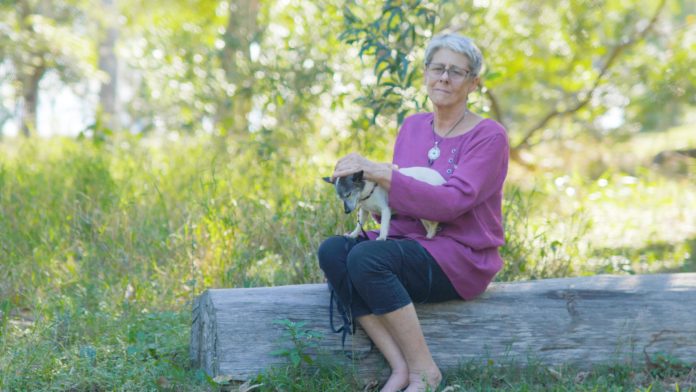GSK is launching a new campaign with experts and high-profile Australians uniting to help the community learn more about the signs, symptoms and risk factors of shingles (herpes zoster).
Whilst Covid-19 and social distancing restrictions have reduced the rates of some diseases in the community, this is not the case with shingles. The virus that causes herpes zoster comes from within the body, and therefore public health measures like social distancing or mask wearing don’t impact rates of shingles.
The latest data from a study in general practice estimates that around 120,000 new cases of shingles occur each year, which accounts for approximately one in 1000 of all GP visits.
Shingles symptoms vary between patients, but for some people it can be a painful and potentially debilitating condition. Shingles is triggered by the reactivation of the chickenpox virus (varicella-zoster virus) in adulthood and it is reported that up to 99.5% of adults ≥50 years of age already have the virus that can cause shingles.
Up to one in three people risk developing shingles in their lifetime. While most people fully recover from shingles, some may experience complications.
Up to 25% of Australians with shingles may develop postherpetic neuralgia (PHN), a complication of shingles that can result in persistent nerve pain for months or years after the initial shingles rash resolves.
The new campaign include TV commercials, radio spots, a new website (knowshingles.com.au) and Australian personalities to spread the word.
The campaign sees patients describe their shingles pain as being like “shocks shooting through your body.”
Peter Everett, the former host of Renovation Rescue and Ready Steady Cook, has his own experience of shingles.
“I had shingles for a month after the stress of Celebrity Apprentice a few years ago. The pain was truly awful, and it was very difficult to sleep,” says Mr Everett.
Infectious disease expert Professor Robert Booy says shingles can be extremely painful and an awareness campaign like this is long overdue given the potential impact of shingles.
“Too many Australians are still unaware of the early signs and symptoms related to herpes zoster,” says Professor Booy.
“Because the virus that causes shingles comes from within the body, public health measures like social distancing or mask wearing don’t impact rates of shingles. However, since the virus that causes chickenpox and shingles are the same, if a person who has never had or isn’t protected against chickenpox, comes into direct contact with the blisters of someone with shingles, they may get chickenpox.
“Given our immune systems decline as we get older, I encourage all adults from around the age of 50 years to be talking to their doctor about shingles.”
For more information about shingles: visit knowshingles.com.au










